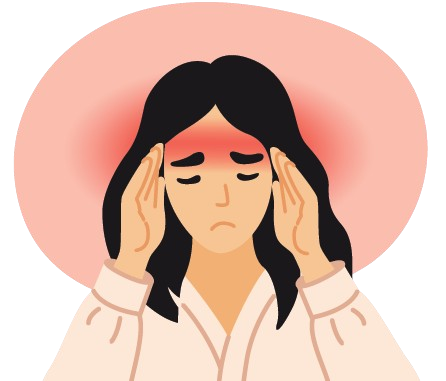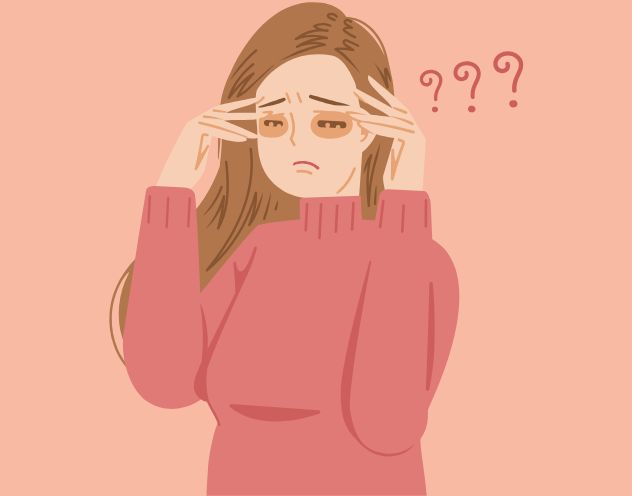Your Cart
Your Cart is currently empty.
A migraine is a neurological condition characterized by recurrent, severe headaches, often accompanied by other symptoms like nausea, vomiting, and heightened sensitivity to light and sound. The cause of migraines is linked to changes in brain activity and the nervous system, involving neurotransmitters, blood vessels, and electrical activity in the brain. Serotonin is a key neurotransmitter involved in this process.


Prodrome Symptoms:

Aura Symptoms:

Headache Symptoms:

Postdrome Symptoms:
– Neurotransmitter Imbalance:
Serotonin, a neurotransmitter, plays a key role in regulating blood vessel constriction and dilation. Changes in serotonin levels may contribute to the pain experienced during a migraine.
– Brain Activity and Nervous System:
Migraines are linked to abnormal brain activity, involving changes in electrical and chemical signaling in the brain.
– Genetic Factors:
A family history of migraines increases the likelihood of developing the condition, suggesting a genetic predisposition.
– Vascular Changes:
Migraines may involve changes in the blood vessels in the brain. Initially, blood vessels constrict and then dilate, causing pain.
– Hormonal Changes:
Hormonal fluctuations, particularly in women (e.g., during menstruation, pregnancy, or menopause), can trigger migraines.
– Environmental and Lifestyle Factors:
Certain environmental factors (e.g., bright lights, loud noises) and lifestyle habits (e.g., stress, poor sleep, dehydration) can trigger or worsen migraines.


– Medications:
Prescription medications like Triptans can have side effects (nausea, dizziness, increased blood pressure).
May not be suitable for individuals with certain health conditions (e.g., cardiovascular issues).
– Nerve Decompression Surgery:
Typically for chronic migraine patients.
Risks include infection, scarring, and nerve damage.
– Non-Pharmacological Treatments:
Therapies like biofeedback or cognitive-behavioral therapy (CBT).
Effective for some but not all, and may not provide immediate relief or completely eliminate attacks.
– Preventive Treatments:
Botox injections and CGRP inhibitors can help prevent migraines but often come with side effects and the need for regular treatments or medications
Phone number:
+91 6379926961
Location:
429A, V.V.C Layout, Pulliyakulam Road, Coimbatore – 641018.
Email:
support@namashivayah.com
